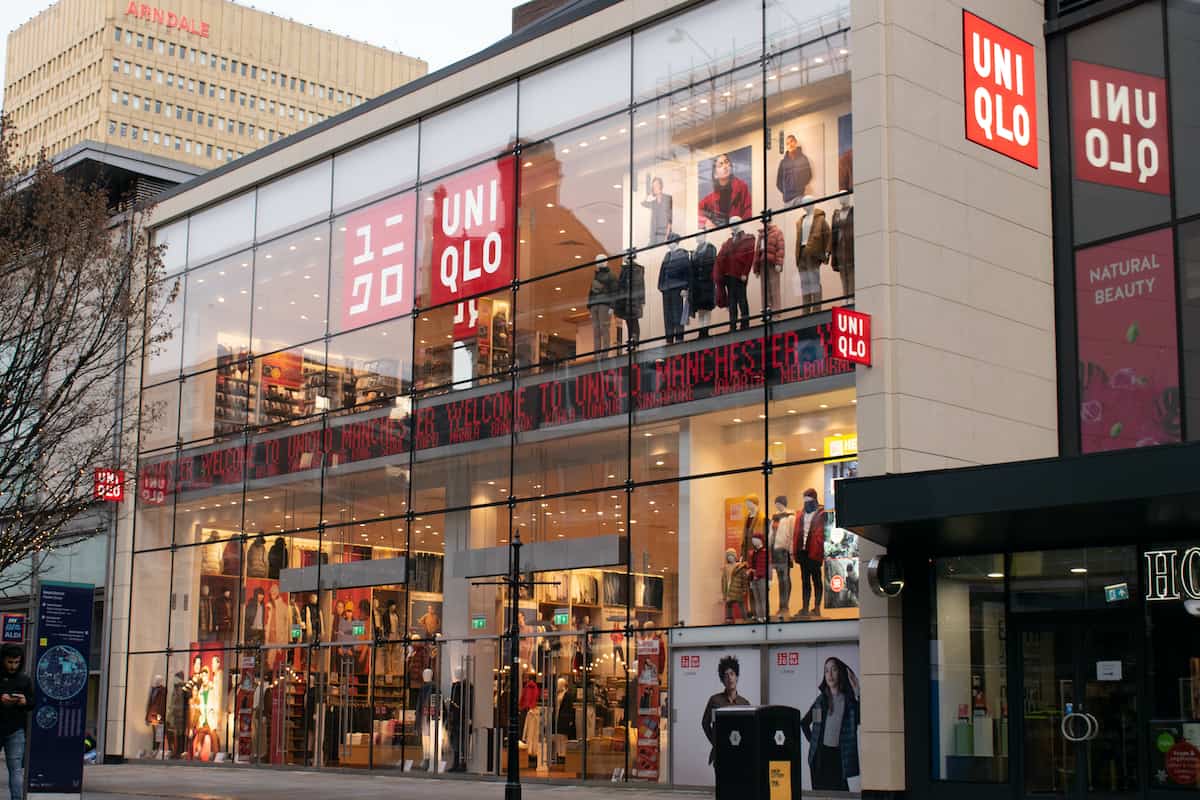There may be some seven weeks to Christmas, but deepening concern over personal finances, coupled with the very real threat that January 2023 will see us slide into recession, is now starting to have a significant impact on consumer behaviour.
Reports and studies a-plenty this week point to how consumers are already planning to spend less this Christmas, while dramatically changing what they buy and where they buy it. If you want to be optimistic, it looks gloomy at best.
IMRG CapGemini warns that even pre-Peak isn’t looking good. Black Friday spending, it avers, will be down at least 5% this year. It may be even worse than that.
Meanwhile, studies from McKinsey and Ipsos, the latter on behalf of Fluent Commerce, both separately conclude that 60% of shoppers are planning to do less shopping this Christmas, with McKinsey finding that 8% plan to do none at all.
Further, McKinsey goes on to find that almost half of consumers (43%) are negative about the UK’s current economic state, being more pessimistic today than they were during the Covid-19 lockdowns in March 2020.
This is all starting to have an impact on retailers in quite profound ways. McKinsey’s research points to consumers rapidly rolling back spending on discretionary items including take-away food, entertainment, books, magazines and home décor. Many are starting to pull back from expensive brands, even in food, and are hunting for offers and bargains, own-brands and other ways to make immediate savings.
This ‘downtrading’ is rife now across all age groups and impacts pretty much all facets of retail, the study shows.
But it is in fashion and apparel where things are perhaps worst of all. McKinsey shows that discretionary spending on clothing is being cut back on by some 63% of shoppers surveyed. Likewise, IMRG CapGemini finds that clothing is set to be the most under-performing sector over Black Friday, while Tru Fit’s Fashion Genome report – which brings together data from 80 million active online shoppers, finds that year-on-year spending on fashion in the UK has now dropped 8%.
This is being seen across the real world, outside of the bubble of consumer research. Next may well have recorded a slightly better than expected Q3, with store slaes up 3% thanks to cold weather prompting winter clothes shopping, but its online sales have dropped by nearly 2% over the same period and the company is still predicting disappointing results for full year.
That’s not to say that others haven’t benefitted. Searches for Primark have risen 58% as shoppers look for the cheapest way to buy. Research from UK domain site Fasthosts finds that it is more than 50% cheaper than Next when looking to buy a sample white t-shirt, jeans, trainers and bomber jacket. It is also cheaper than Asos, Booboo and River Island – all of whom have seen searches decrease, according to the data.
Couple this with costs for retailers in terms of having to up marketing spend, extend discounting and subsidise delivery offers to encourage shoppers to push their limited budgets their way and not to their competitors and the scale of the festive problem is revealed. Bleak Friday is on the cards, leading to perhaps the first fall in Christmas sales outside of the pandemic, since records began.









